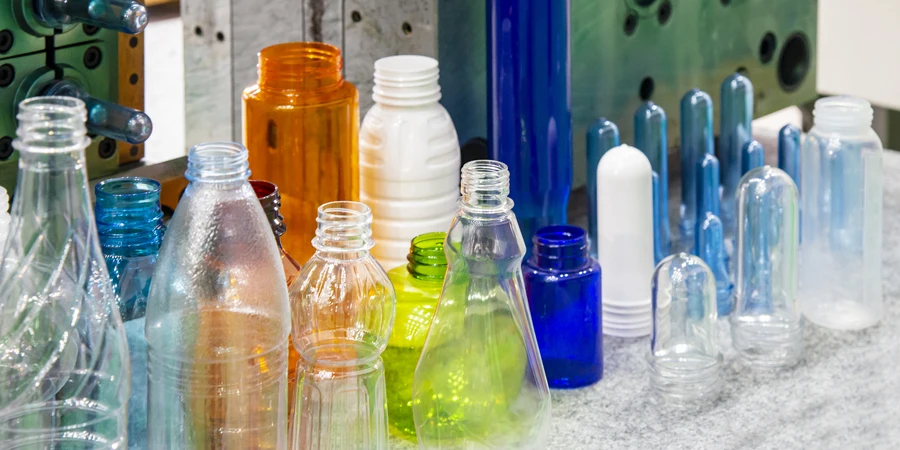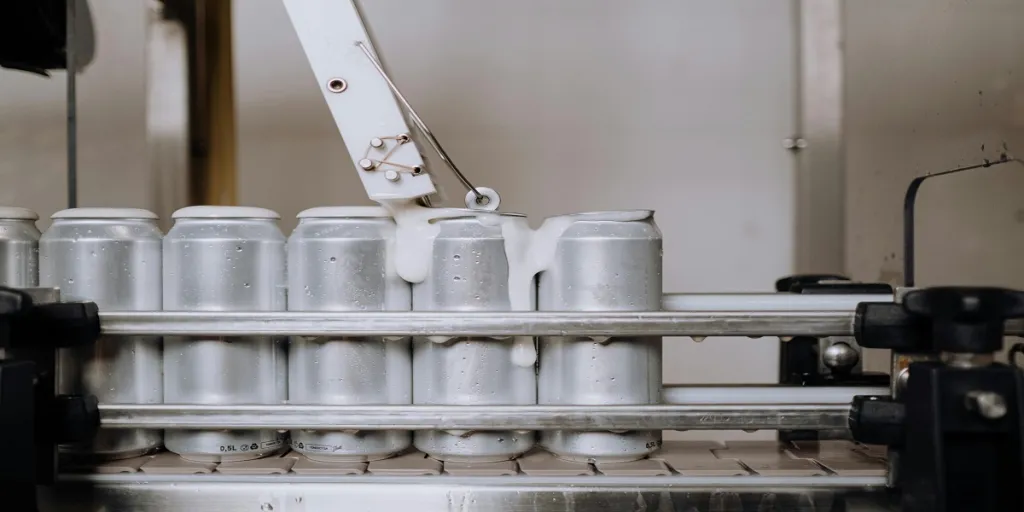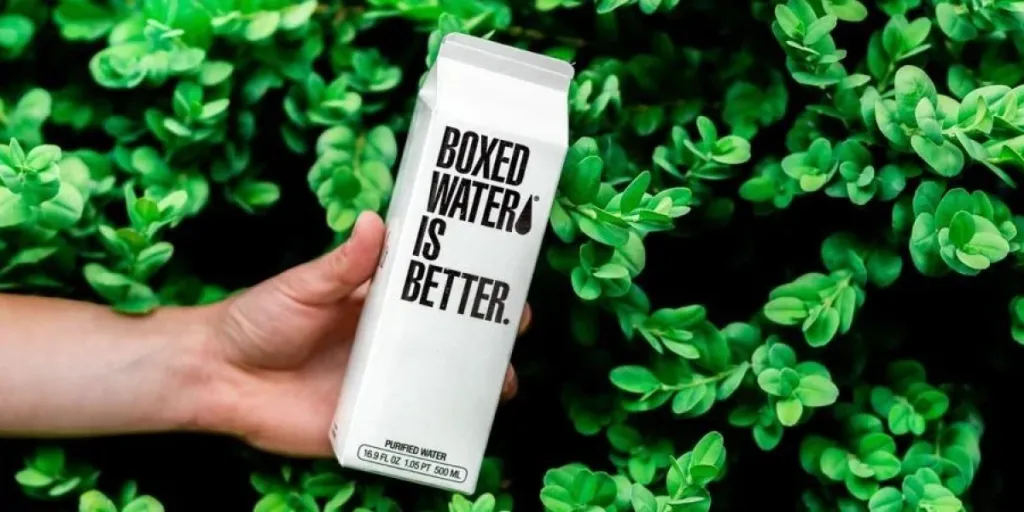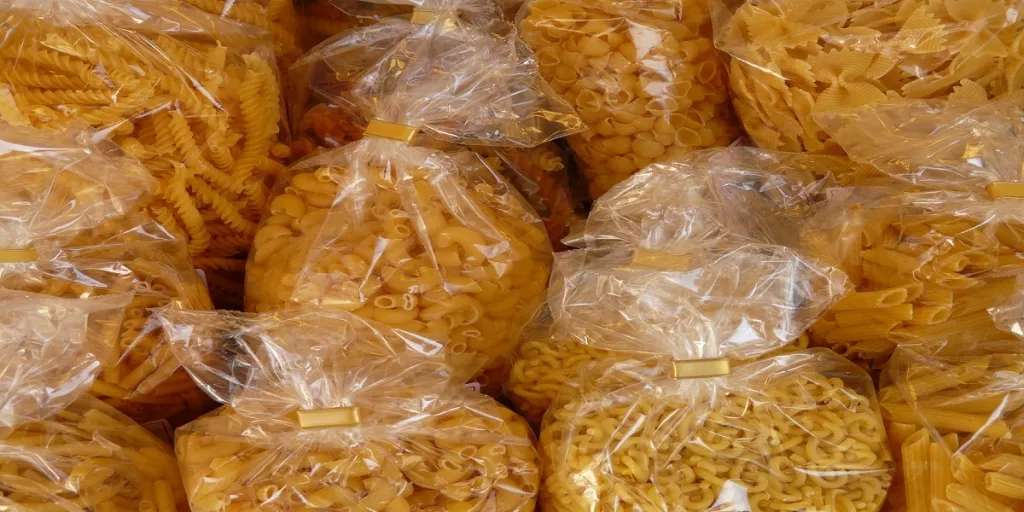Packaging and consumer goods companies are accelerating their efforts to adopt new innovative materials and processes to replace plastic in product packaging.
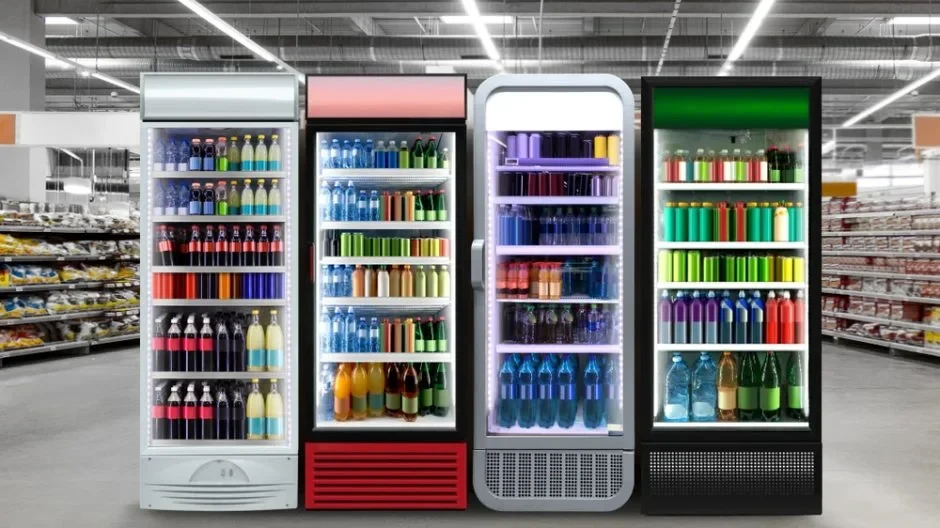
Rigid plastics are the most used packaging material globally, accounting for approximately one-third (31%) of all packaging materials used in 2019. Their usage is expected to reach 1.47trn pack units from 2023 to 2026 at a compound annual growth rate (CAGR) of 2.6%, according to GlobalData’s Packaging Market Analyser.
The global fast-moving consumer goods (FMCG) industry, as one of the primary users of packaging made of rigid plastics, such as bottles, containers and caps, is one of the biggest contributors to plastic waste. The material is widely used in industries including food and non-alcoholic beverages.
In the food industry, rigid plastics are primarily used in the packaging of dairy products, meat, fish and seafood. In the non-alcoholic beverage industry, they are commonly used for packaging soft drinks. The material is also used in cosmetics, toiletries, and oils and fats packaging.
GlobalData packaging analyst and managing consultant Chris Strong explained: “High global inflation has driven up input costs, pushing more manufacturers to rely on cheap materials such as rigid plastics.
“However, with incoming legislation such as the EU’s Packaging and Packaging Waste Directive, companies will have the challenge of minimising the material’s impact on the environment whilst maintaining the benefits it provides, such as the ability to offer durability in the supply chain.”
Consumer views on packaging
Despite the functional benefits offered by rigid plastics, there is considerable negative consumer sentiment against the use of these materials in FMCG products.
GlobalData’s Q4 2023 consumer survey revealed that 76% of global consumers say that environmentally friendly packaging is essential/nice to have when making a product purchase. For millennials, the figure is 75% and for Central and South American consumers it is 83%.
In response to this growing consumer concern and the pressure governments are placing on the industry to reduce the use of plastics in the supply chain, many manufacturers and their trade associations have set ambitious plastic reduction objectives and adopted the widespread use of plastic packaging made from recycled plastic waste.
Strong concludes: “Food and beverage companies’ growth in 2024 will be driven by their technological and digital capabilities. Advancements in these capabilities should help FMCG brands meet consumer demands for a reduction in the use of plastics”.
Source from Packaging Gateway
Disclaimer: The information set forth above is provided by packaging-gateway.com independently of Alibaba.com. Alibaba.com makes no representation and warranties as to the quality and reliability of the seller and products.
